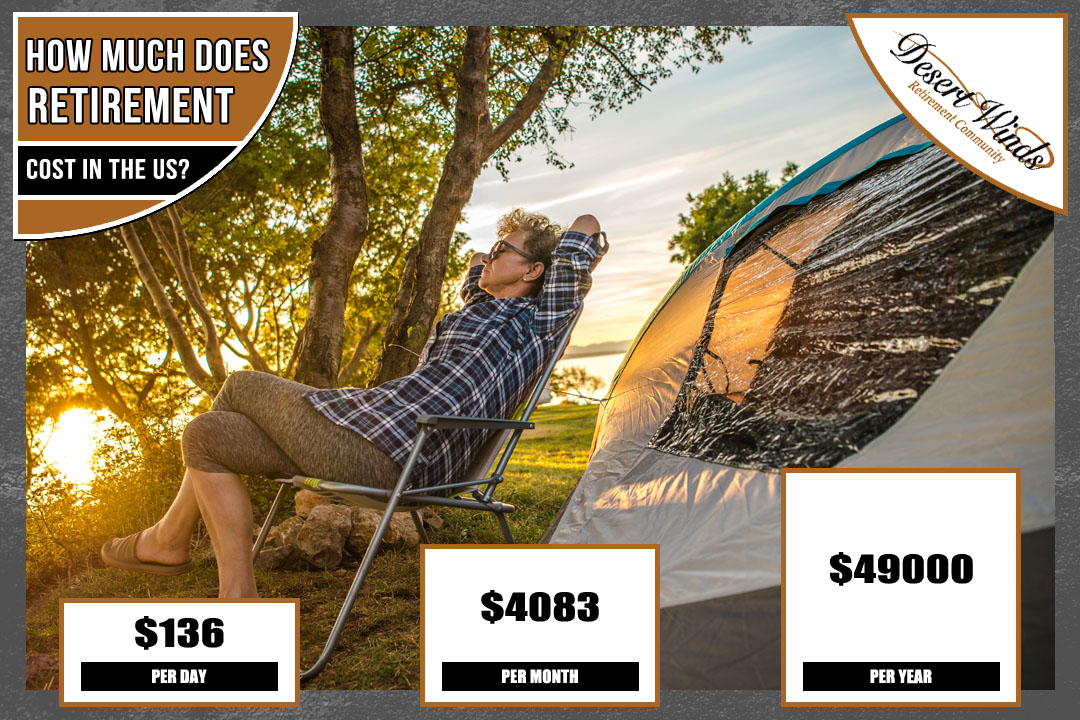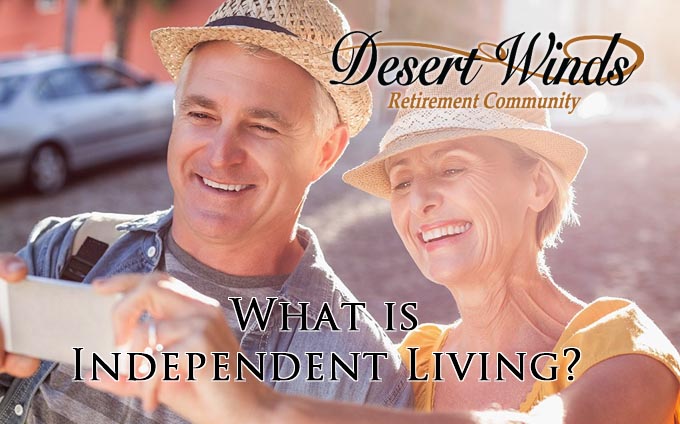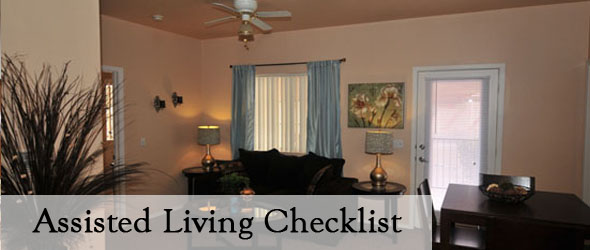How To Save For Retirement Without A 401k
Some people beginning to save for retirement may fear they won’t have enough money accumulated without a 401k. This is simply untrue. There are many alternative ways to save money throughout your career. This post will explore retirement savings options for those without a 401k.
Retirement Savings Options
Here are a few ways to save money in the absence of a 401k plan:
- Open an IRA
- Save tax refunds
- Contribute to a CD
- Solo 401k
- Health savings account (HSA)
Open An IRA
Opening an IRA is the most popular alternative for individuals without a 401k. Many turn to opening an IRA because there are many different IRAs one can invest in. Both a Roth IRA and a traditional IRA are great investment options. The only stipulation is that one must be earning an income to open an IRA. But, this does include individuals who may be unemployed, yet married to someone who is earning an income. Freelancers and self-employed individuals often choose to open an IRA.
Save Tax Refunds
This is the simplest, but far from easiest option for individuals to save money towards retirement. All you have to do is put your tax refunds directly into savings as soon as you receive it. This may seem like a difficult option, especially for those who depend on tax returns. In the end, though, saving tax returns will be worth it. IRS Form 8888 allows taxpayers to directly deposit refunds into two or more investment or savings acoounts.
Contribute To A CD
A CD (certificate of deposit) offers another great option for those looking for savings opportunities in the absence of a 401k. One of the biggest benefits of a CD is that money can be withdrawn at seemingly any time for any reason. This is an ideal investment option for people who may encounter some large upcoming bills, such as hospital stays and so on. The federal governement insures CDs to never lose value, making this one of the safest invest options possible.
Solo 401k
Also known as self-employed 401k, a solo 401k plan is ideal for those not expected to make a large yearly income. This plan gives you the option to contribute twice, once as the employer and as the employee. As long as the total does not exceed $19,500, individuals are allowed to contribute their entire yearly earnings. That, of course, differs when contributing as the employer. Here, you can contribute up to 25% of your earnings. Spouses of those participating in this plan are eligible, as well.
Health Savings Account (HSA)
A health savings account can be opened even if you have already elected to start an IRA, solo 401k or a CD. The benefits of a health savings account include tax-free withdrawals and growth potential. Money can be pulled from this account with no penalties after the age of 65.
Read more about saving without a 401k right here.
Independent Living At Desert Winds Retirement In Peoria, Arizona
If you are searching for an independent living facility in Peoria, Arizona, Desert Winds Retirement Community is the facility for you! Travel over to our independent living page to see pictures find out more about our facility, amenities, floor plans and more.
More Articles About Retirement
- Top 5 Best Dog Breeds For Seniors
- Why Retire In Arizona?
- Benefits Of Independent Living For Seniors
- 30 Quotations About Getting Old
- Golf Exercises For Seniors
- Best Cities To Retire In Arizona
- When Might Be The Best Time To Start Saving For Retirement?
- How Much Does a Retirement Home Cost?
- How Much Does In-Home Care Cost?
- How Much Does a Nursing Home Cost?
- How Much Does Memory Care Cost?
- How Much Does Independent Living Cost?
- How Much Does Retirement Cost?
- How Much Does Assisted Living Cost?
- What Age Can You Stop Filing Income Taxes?
- What To Write In A Retirement Card Continued – 110 Quotes
- How Much Does Assisted Living Cost In Peoria, Arizona?
- Enjoyable Activities for Seniors
- Happy Retirement Quotes
- Senior Living Peoria
- Common Elderly Health Issues
- What is Arthritis?
- What Are The Benefits Of Assisted Living?
- What is Independent Living?
- Assisted Living Checklist: What To Ask & What To Look For
- Independent Living Checklist: What To Ask & What To Look For
- Find Memory Care Facilities In Arizona
- Best Places To Retire In Peoria Arizona
- How To Look Younger At Age 50+
- Restarting Work After Early Retirement
- Things To Do In Peoria AZ Outside Of The Retirement Home
- Checklist for Moving Into A Peoria Assisted Living Facility
- Help With Choosing Assisted Living Communities In Peoria, AZ
- 38 States That Don’t Tax Social Security Benefits 2016













